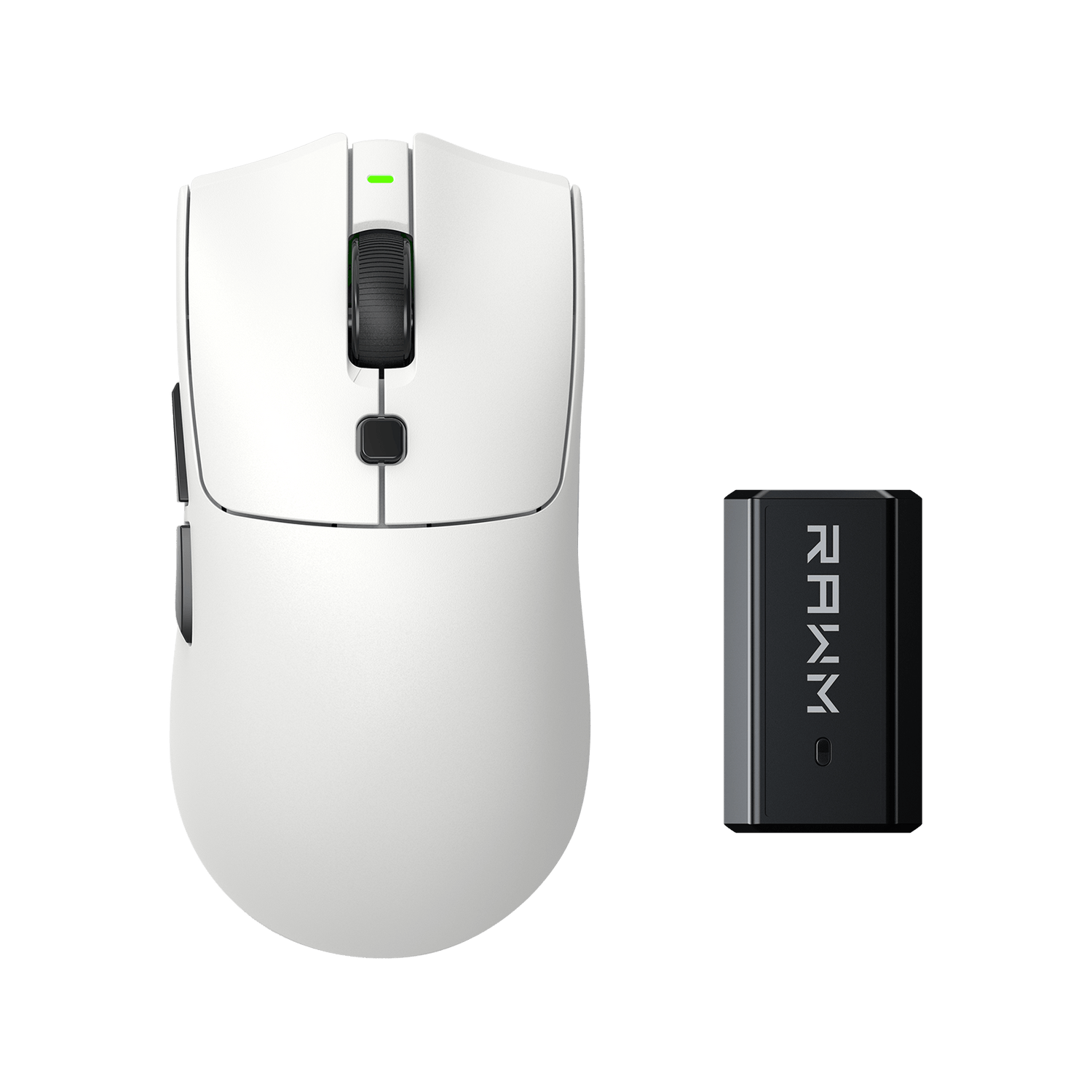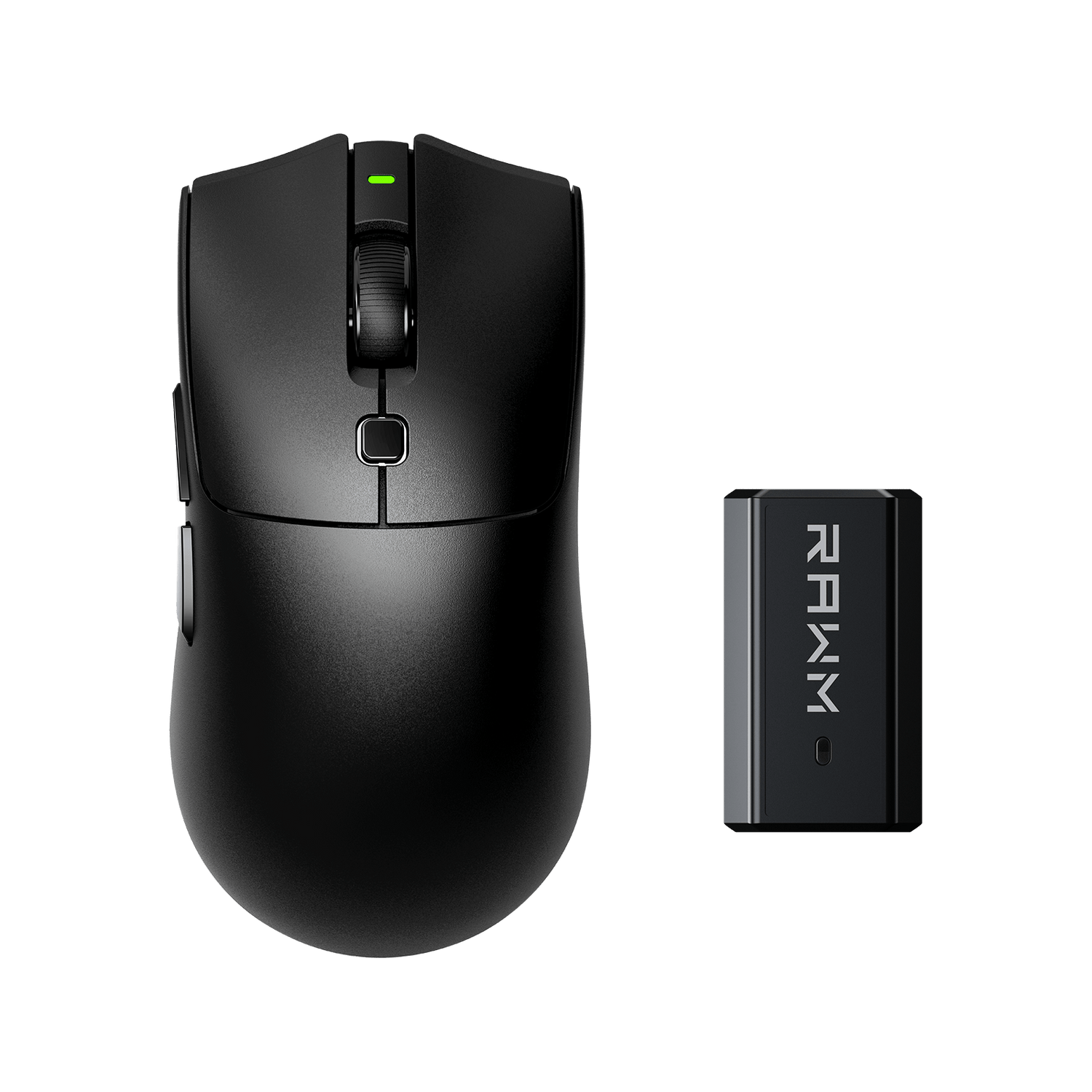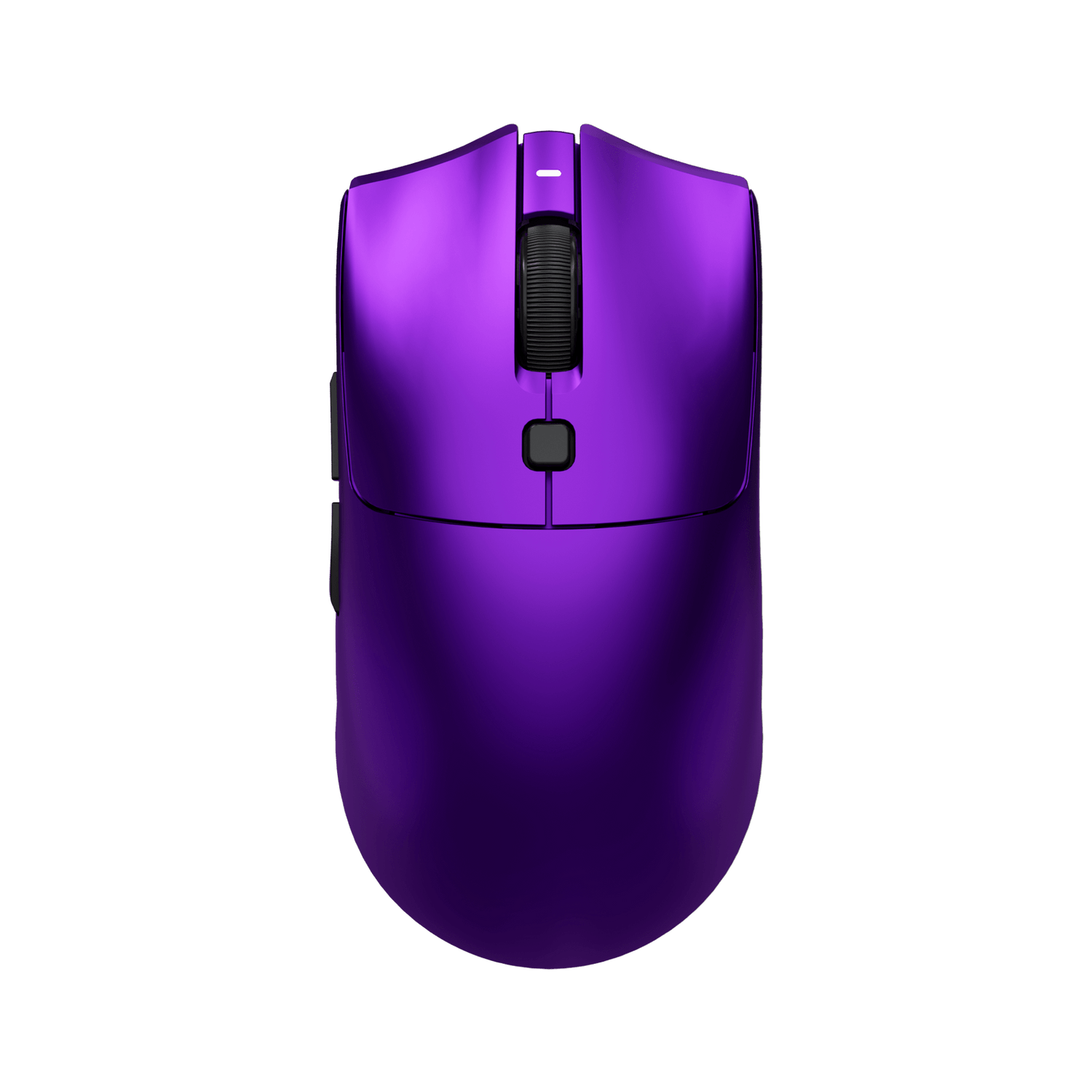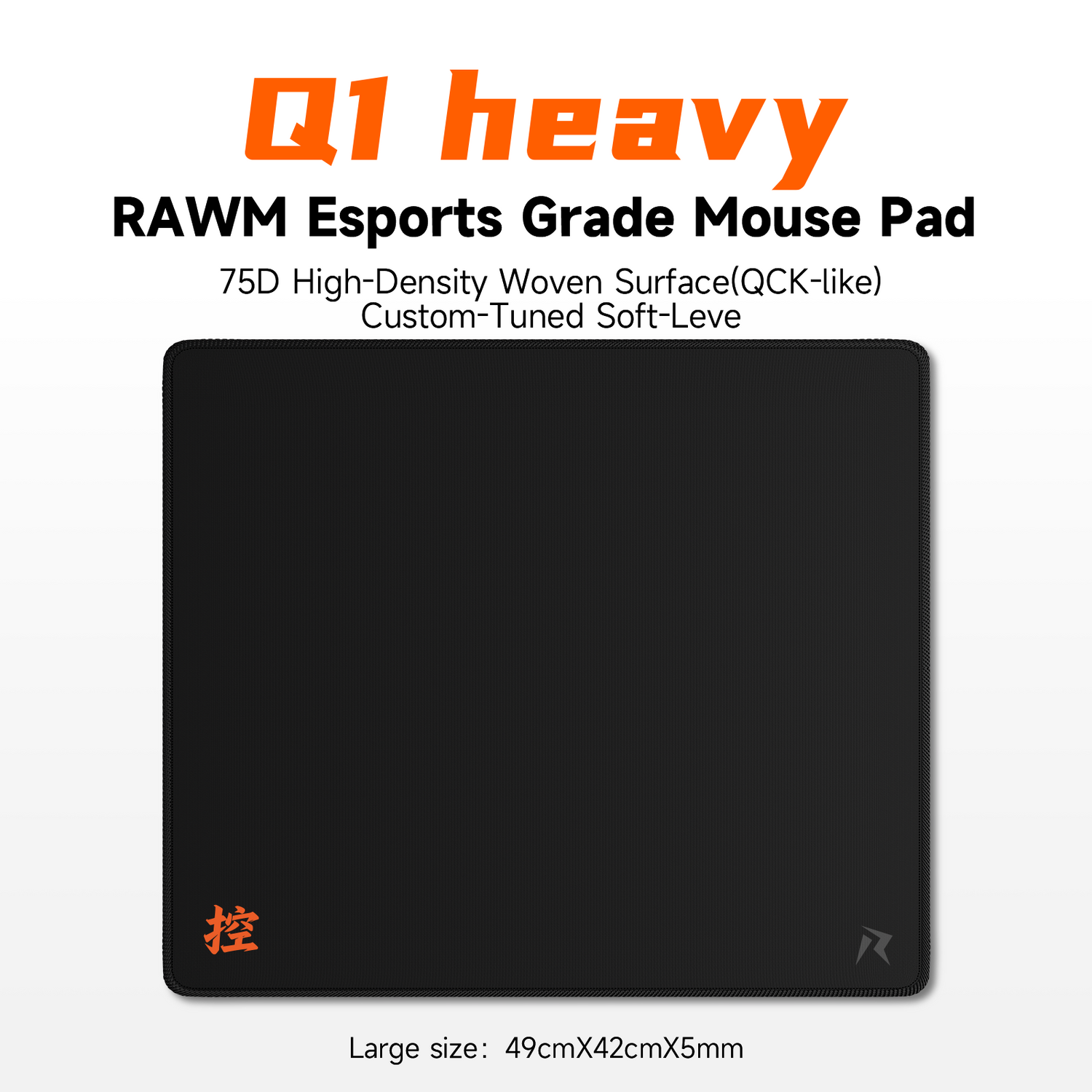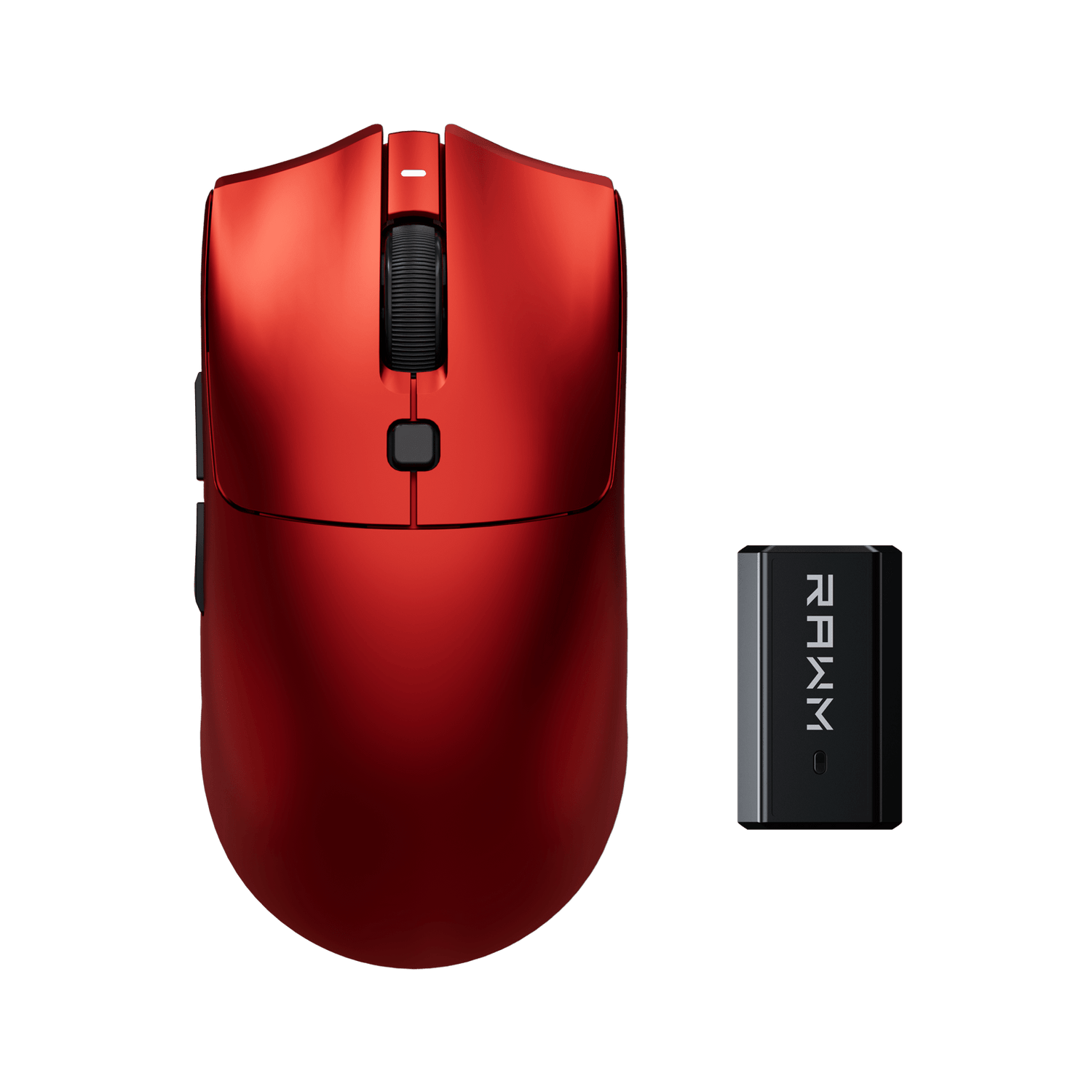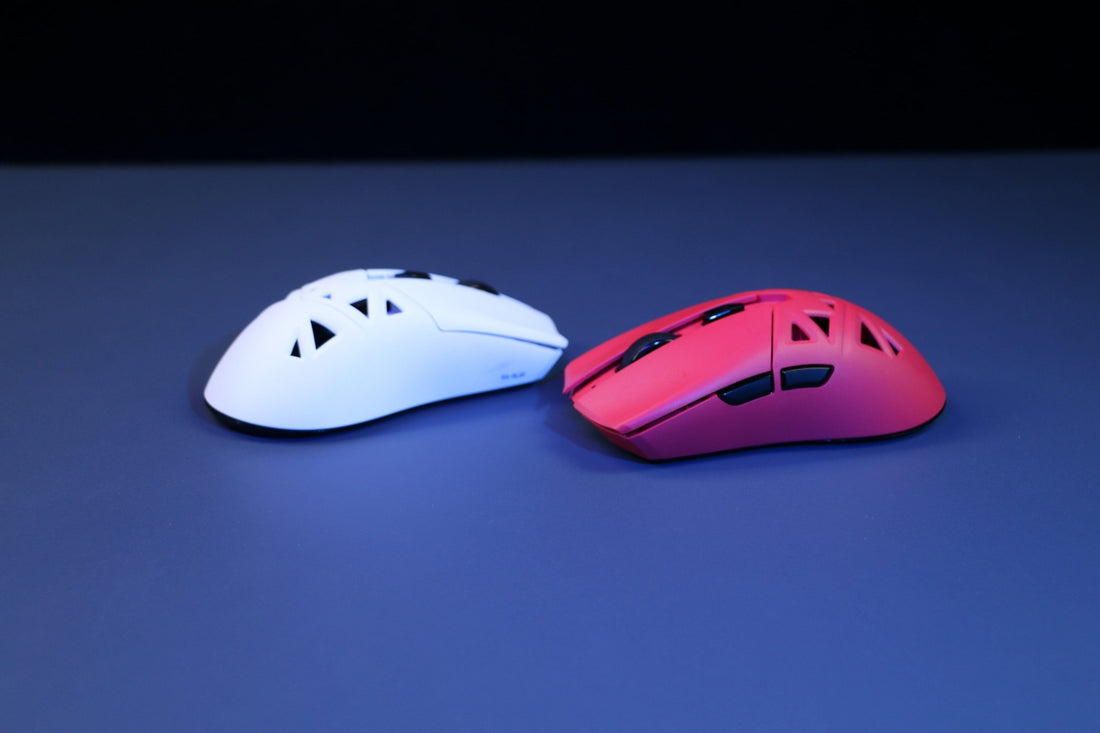
What DPI do esports players use?
01 Understanding DPI in Gaming Mice
02 What DPI Do Esports Players Use in Different Games?
03 Why Do Most Esports Pros Choose Low DPI?
04 The Role of In-Game Sensitivity with DPI
05 Examples: What DPI Do Esports Players Use?
06 How to Choose the Right DPI for You
07 Common Misconceptions About DPI
In the world of competitive gaming, precision and speed are everything. Professional gamers know that the smallest adjustments can make the biggest difference in performance. That’s why one of the most common questions asked by aspiring players is: what DPI do esports players use?
DPI, or dots per inch, measures how sensitive a mouse is to movement. A higher DPI means the cursor moves further on the screen with less physical movement of the mouse, while a lower DPI requires more hand movement for the same distance. Both approaches have their advantages, but in professional play, DPI settings are often optimized for accuracy, consistency, and personal comfort.
So, let’s dive deep into what DPI do esports players use, why they choose these settings, and how you can find the perfect DPI for your own playstyle.
01 Understanding DPI in Gaming Mice
Before analyzing what DPI do esports players use, it’s crucial to understand the concept of DPI:
-
DPI (Dots per Inch): The number of pixels your cursor moves on-screen per inch of physical mouse movement.
-
Low DPI: 400–800 DPI, requiring more physical hand movement but offering higher precision.
-
Medium DPI: 1000–1600 DPI, offering a balance between speed and control.
-
High DPI: 3200+ DPI, often unnecessary in esports but sometimes useful for high-resolution monitors.
👉 In esports, most professionals lean towards low to medium DPI ranges because they prioritize accuracy over raw cursor speed.
02 What DPI Do Esports Players Use in Different Games?
To truly understand what DPI do esports players use, we must look at how different genres influence their choices:
| Game Type | Typical DPI Range Used by Pros | Reason |
|---|---|---|
| FPS (CS2, Valorant, Apex Legends) | 400–800 DPI | Precision aiming and recoil control |
| MOBA (League of Legends, Dota 2) | 800–1600 DPI | Faster map navigation and skill usage |
| Battle Royale (Fortnite, PUBG) | 400–1000 DPI | Balance between long-range accuracy and fast building/movement |
| MMORPG (WoW, Final Fantasy XIV) | 1000–1600 DPI | Efficient spell casting and multiple hotkey usage |
| RTS (StarCraft II, Age of Empires) | 800–1600 DPI | Quick unit selection and map control |
Clearly, the answer to what DPI do esports players use depends heavily on the game, but FPS pros tend to cluster around 400–800 DPI, while strategy and MMO players often go slightly higher.
03 Why Do Most Esports Pros Choose Low DPI?
When exploring what DPI do esports players use, it becomes clear that many professionals prefer low DPI settings, typically 400–800. Why?
-
Precision: Lower DPI allows finer control, especially for headshots in FPS games.
-
Consistency: Muscle memory develops better with larger hand movements.
-
Stability: Low DPI reduces jitter and accidental overshooting of targets.
This is why top CS2 or Valorant players almost universally choose 400–800 DPI combined with a large mousepad.
04 The Role of In-Game Sensitivity with DPI
When answering what DPI do esports players use, it’s important to also mention in-game sensitivity. DPI and sensitivity work together:
-
Effective DPI (eDPI) = Mouse DPI × In-Game Sensitivity
-
Example:
-
400 DPI × 2.0 sensitivity = 800 eDPI
-
800 DPI × 1.0 sensitivity = 800 eDPI
-
👉 This means two players with different DPI settings can achieve the same level of cursor speed if their eDPI is equal. Pros typically choose eDPI values between 200–1000 depending on their game.
05 Examples: What DPI Do Esports Players Use?
Here are some real-world examples of what DPI do esports players use:
-
s1mple (CS2) → 400 DPI, 1.05 sensitivity (~420 eDPI)
-
TenZ (Valorant) → 800 DPI, 0.4 sensitivity (~320 eDPI)
-
Faker (League of Legends) → 1600 DPI (higher for faster map navigation)
-
Bugha (Fortnite) → 400 DPI, 0.11 sensitivity (~44 eDPI)
As we can see, most FPS players prefer 400–800 DPI, while MOBAs and MMOs lean toward higher ranges.
06 How to Choose the Right DPI for You
Now that you know what DPI do esports players use, here’s how to find the right setting for your own gameplay:
-
Identify Your Game Type
-
FPS: Start with 400–800 DPI
-
MOBAs/MMOs: Try 800–1600 DPI
-
-
Experiment with eDPI
-
Adjust both DPI and in-game sensitivity until you find a comfortable balance.
-
-
Consider Your Mousepad Size
-
Large pads support low DPI (more arm movement).
-
Small pads may require higher DPI to avoid running out of space.
-
-
Stick to One Setting
-
Consistency builds muscle memory. Don’t switch too often.
-
07 Common Misconceptions About DPI
When discussing what DPI do esports players use, several myths often arise:
-
Myth 1: Higher DPI is always better → False. Beyond 3200 DPI, sensitivity becomes impractical for most games.
-
Myth 2: DPI alone determines skill → False. It’s about finding balance with in-game sensitivity.
-
Myth 3: Pros use ultra-high DPI → False. Most stick to 400–1600 DPI.
What DPI Do Esports Players Use?
So, what DPI do esports players use? The majority of pros—especially in FPS titles—prefer 400–800 DPI, while MOBA and MMO players often go with 800–1600 DPI for faster control. The key isn’t choosing the “highest” DPI but finding the setting that matches your playstyle, muscle memory, and game type.
For most aspiring esports players, starting at 400–800 DPI is the best way to build accuracy and consistency. From there, experiment with in-game sensitivity and mousepad size until you find your perfect fit.
👉 What DPI do you currently use, and have you tried lowering it to match professional esports players’ settings? Did it improve your aim?
>>See also What Polling Rate Do Pros Use? >>>>>




